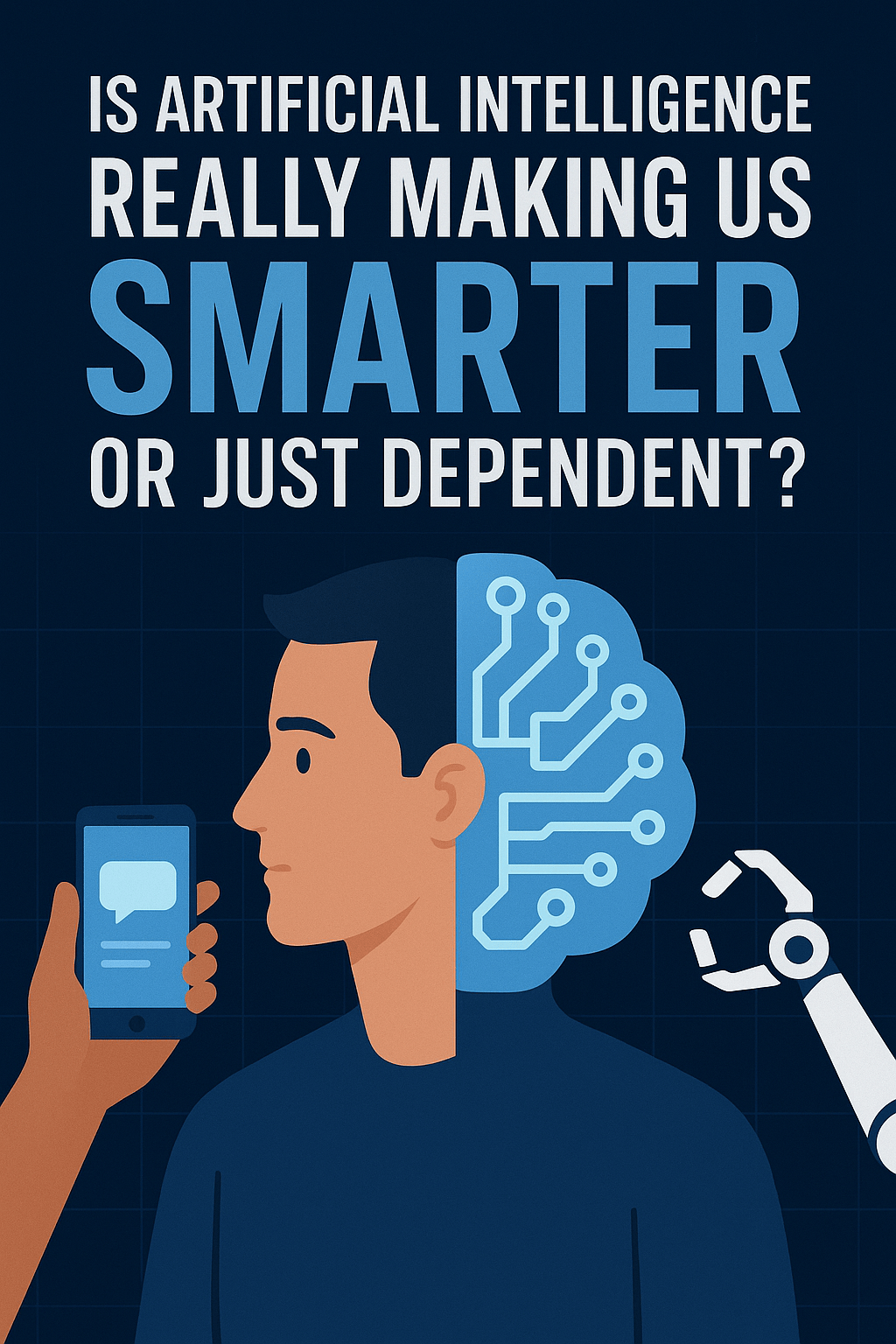The race to harness the full potential of 5G technology is accelerating globally—and Canada is no exception. But what does this mean for the everyday Canadian, for municipalities, or for entrepreneurs aiming to innovate? Is the 5G deployment in Canada truly driving the future of smart cities and innovation, or are we still in the early stages of its promise?
As the digital economy expands and cities strive to become smarter, faster, and more efficient, 5G is often seen as the critical infrastructure to enable it all. In this blog, we delve into the status of 5G in Canada, its transformative impact on smart cities, and the broader innovation ecosystem shaping our future.
What is 5G and Why Does it Matter?
5G, or fifth-generation wireless technology, is the next step in mobile network evolution. Promising ultra-low latency, faster speeds, and the ability to connect massive numbers of devices simultaneously, 5G enables everything from real-time traffic management to autonomous vehicles and remote healthcare.
But what sets 5G deployment in Canada apart from other global rollouts?
The Current Status of 5G Deployment in Canada
Major telecom providers such as Rogers, Bell, and Telus are actively rolling out 5G infrastructure across Canadian cities and towns. As of 2025, most urban centres in provinces like Ontario, British Columbia, and Alberta enjoy partial to full 5G coverage. Rural and remote areas, however, continue to face connectivity challenges.
Government bodies like Innovation, Science and Economic Development Canada (ISED) are supporting this expansion through spectrum auctions and funding programs. The aim? To ensure that 5G is not just a luxury for metropolitan areas but a nationwide transformation tool.
Yet, one must ask: Are we deploying fast enough to remain competitive on the global stage?
5G’s Role in Building Smart Cities
Smart cities are urban spaces that use technology and data to improve quality of life, reduce costs, and optimize services. Here’s where 5G steps in as a game changer:
- Traffic and Transport: With 5G, cities can manage traffic in real-time, reduce congestion, and even enable autonomous transit systems.
- Public Safety: Faster communication between first responders and smart surveillance can lead to quicker, more coordinated emergency responses.
- Utilities and Infrastructure: Smart meters, predictive maintenance, and energy-efficient buildings all rely on high-speed connectivity.
- Citizen Engagement: Through real-time data sharing and communication apps, cities can better engage with residents.
Canada’s major cities like Toronto, Vancouver, and Montreal are already piloting projects to incorporate 5G into their smart infrastructure. But how scalable and inclusive are these efforts across the nation?
The Innovation Ecosystem: A Catalyst for Economic Growth
Beyond urban planning, 5G deployment in Canada serves as a catalyst for innovation across industries:
- Healthcare: 5G supports remote surgeries, real-time patient monitoring, and more efficient healthcare delivery in underserved communities.
- Agriculture: In precision farming, 5G enables IoT-connected equipment to monitor soil, crop health, and machinery remotely.
- Manufacturing: Real-time analytics, robotics, and automation powered by 5G are streamlining production lines and reducing downtime.
Thought leaders like Pritish Kumar Halder have highlighted the importance of integrating 5G with artificial intelligence and machine learning to truly unlock Canada’s innovation potential. The result is a more connected, efficient, and forward-thinking nation.
Challenges Ahead: Is Canada Ready?
While the benefits are promising, Canada faces several hurdles:
- Infrastructure Gaps: Especially in rural and Indigenous communities, where high-speed internet remains limited.
- Cybersecurity: As connectivity grows, so do risks around data breaches and cyber threats.
- Cost and Accessibility: The expense of upgrading networks and devices may widen the digital divide.
- Public Awareness: Are citizens and small businesses truly informed about the potential of 5G?
These questions are crucial as Canada continues to roll out its 5G infrastructure. Thoughtful planning and inclusive policy-making will determine whether 5G becomes a national equalizer or a technological privilege.
The Road Ahead: What Should We Expect?
Looking forward, 5G deployment in Canada is expected to fuel further advancements in smart technologies, creating a domino effect of economic and social benefits. With initiatives like Canada’s Digital Charter and ongoing investments in telecom innovation, we may be on the cusp of a technological renaissance.
Yet, success depends not only on technology but also on leadership, education, and equity. Industry leaders, including Pritish Kumar Halder, continue to advocate for robust, transparent, and citizen-centric 5G strategies that go beyond profit margins and aim for long-term national growth.
Final Thoughts
As 5G networks expand and evolve, their role in shaping Canada’s smart cities and innovation landscape becomes increasingly vital. From enabling seamless urban services to empowering entrepreneurs across sectors, 5G deployment in Canada is more than a technical upgrade—it’s a strategic imperative.
At IT Solution Nest, we believe in embracing future-ready technologies that improve how we live, work, and connect. As we continue to monitor the evolution of 5G across Canada, we invite you to stay curious, stay informed, and stay connected.









